There is something quite emotional about generations of womanhood. Encapsulated in a picture of a woman, her mother and her grandmother, it represents the passing of time and that women have been and always will be present. Your mother, her mother, and in the end you, represent the history of womanhood.
Yet when you think of women in the past, you cannot avoid considering their oppression. The fact they were not all able to vote (in the UK) until 1928, makes you remember the pioneers in history, women that defied domination by men. Usually, it's women who combated typical masculine establishments or innovative feminist writers. Your grandma cooking tea in the kitchen doesn’t factor into this historical image of womanhood.
There’s little use of the ordinary woman to inspire generations of girls. A woman needs to have done something incredible to become an icon, which goes for men, as well. However, considering the woman’s traditional place historically was in the home, doing housework and looking after children, girls needed to know they could be different from this masculine imposed ideal. That being said, there is just as much of a need for these women today. Even though women are in the workplace, they are still falling into traditional roles of housework and childcare – just as their grandmothers did.
When looking at these trends, it’s hard not to think about my mother, her mother and me and how we fit into these generational patterns. My mother and grandmother seem like products of their time. My grandmother, a housewife. My mother, also marrying young, instead of going to university or beginning a career. Whereas I feel very much a product of Gen Z: passionate about gender inequality and benefitting from now well established feminist theories.
We can explore our identities by looking at the lives of our mothers and grandmothers, shining a light on them as they can so easily be forgotten. Once I’d started asking questions about myself and my family, I was intrigued by other women’s experiences. So, I reached out to some friends about the lives of their mothers and grandmothers to build a picture of how generations of women have influenced them.
They discussed gender inequality and opened up about how the women in their families have shaped their identities. I became quite emotional listening and reading their responses, something inexplicably moving and often funny in the way they recounted the experiences of three generations of women.
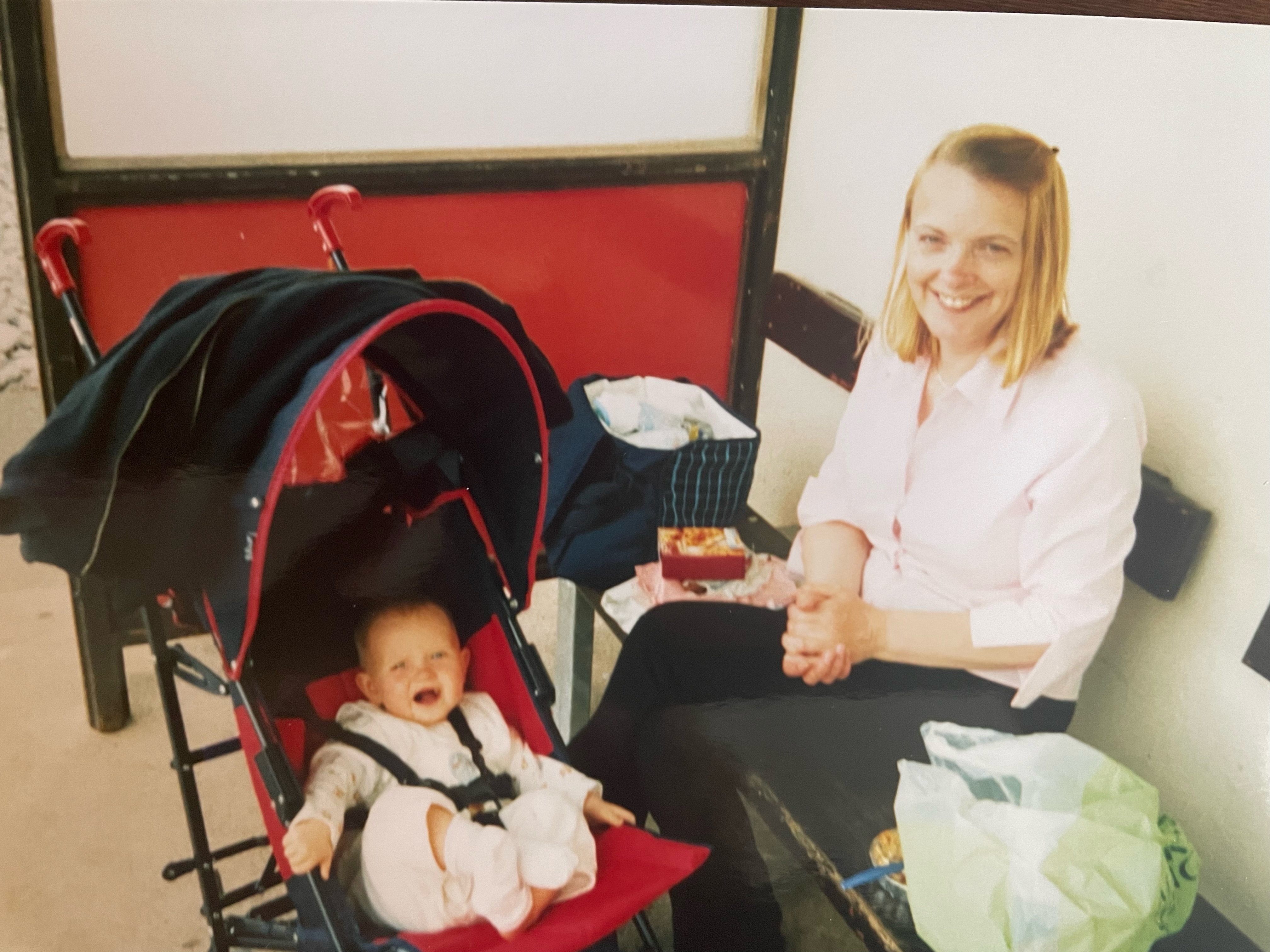 My mother and I.
My mother and I.
Sheona - 21, Leek, Staffordshire, Trainee Journalist
It's weird to think that both my mother and grandmother were married by the time they were my age. My grandmother was a housewife, and my mother worked in a factory. Marriage feels like a lifetime away for me. Now it's kind of normal for people to go to university, and do other things – marrying young seems extreme.
University was always my goal when I was younger. Partly because my parents never went, and I wanted to do something else with my life – but mainly because I was always reading.
My mother spent most of her teen years caring for my grandmother. She had Huntington’s, which eventually breaks down a person’s ability to function, move and think. My mother rarely talks about the impact this had on her. Not being able to do the normal things growing up, or ask her mum for advice because she was the carer, must have been incredibly difficult. Now there is support in place for young carers, but back when my mother was growing up, it was hardly acknowledged.
I wouldn’t necessarily want to follow in my grandmother’s footsteps. There’s no disrespect towards her life choices, but my nan especially was a product of her time. A housewife in the 1950s/60s with five children sounds like my worst nightmare. I wonder how she ever found time for herself or coped with the pressures that having children would bring.
I don’t think women get enough credit for this because it's such an ingrained traditional ideal that we just accept that’s how it was. There’s a tendency as well, and I am certainly guilty of this, to criticise this way of life because we understand it as oppressive. While women should have more choices and do what they want, what my grandmother did was still incredible.
The way my mother lives now she is older is what I aspire towards. She’s very much her own person, laid back and finds a lot of time for herself whilst caring for the people around her. I’m very grateful that my mother taught me to be emotionally open. I know a lot of people don’t have that.
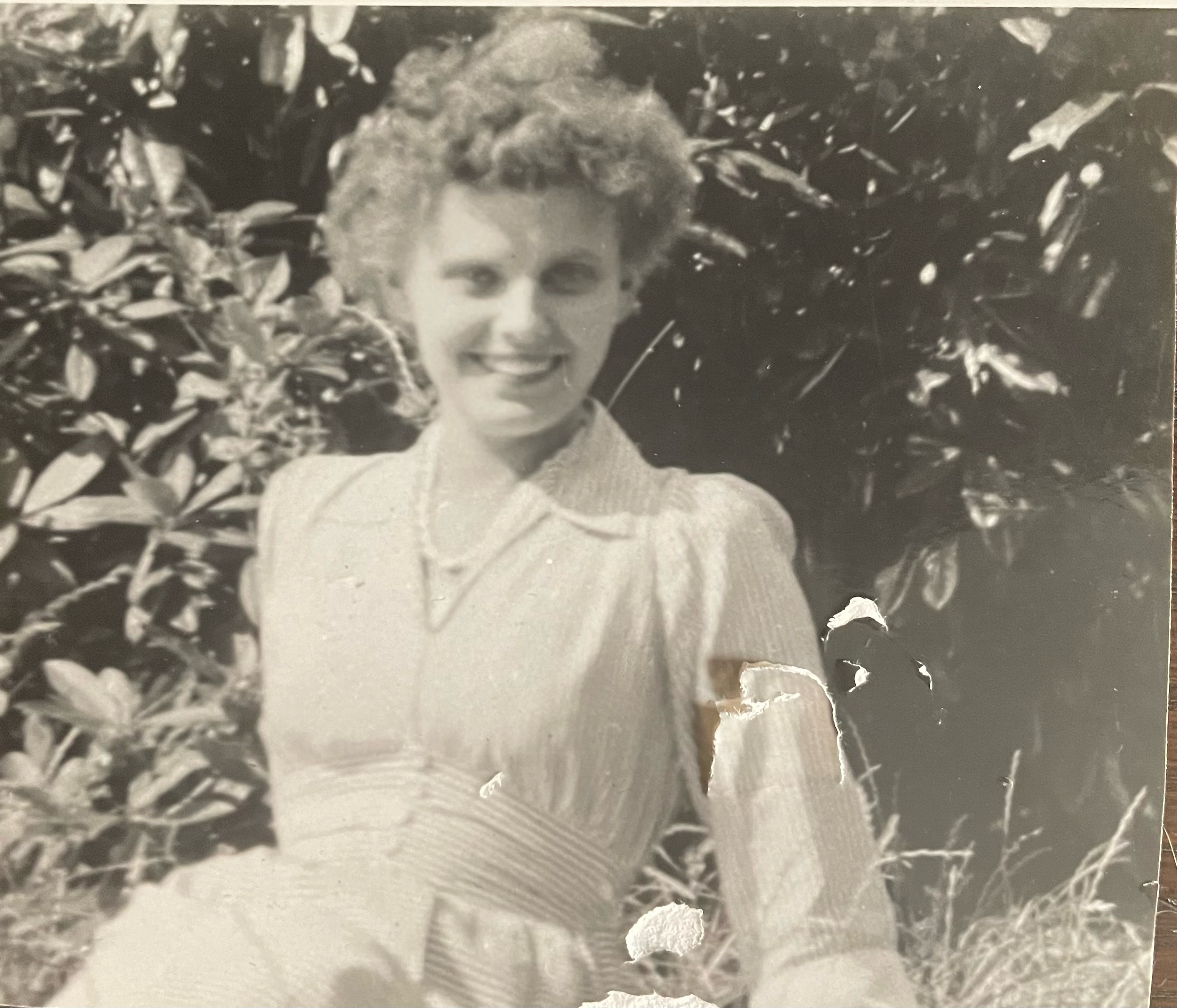 My grandmother.
My grandmother.
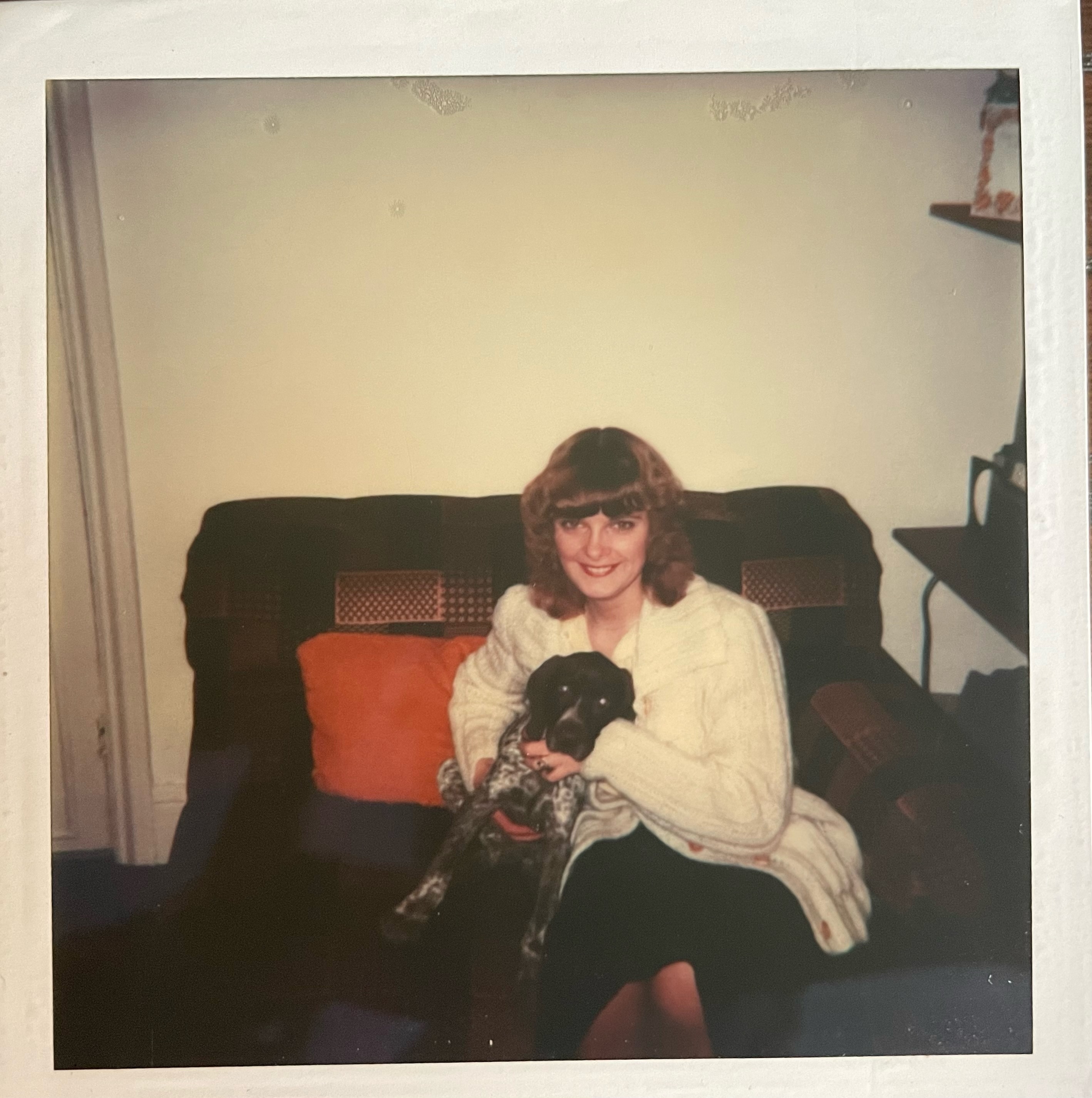 My mother.
My mother.
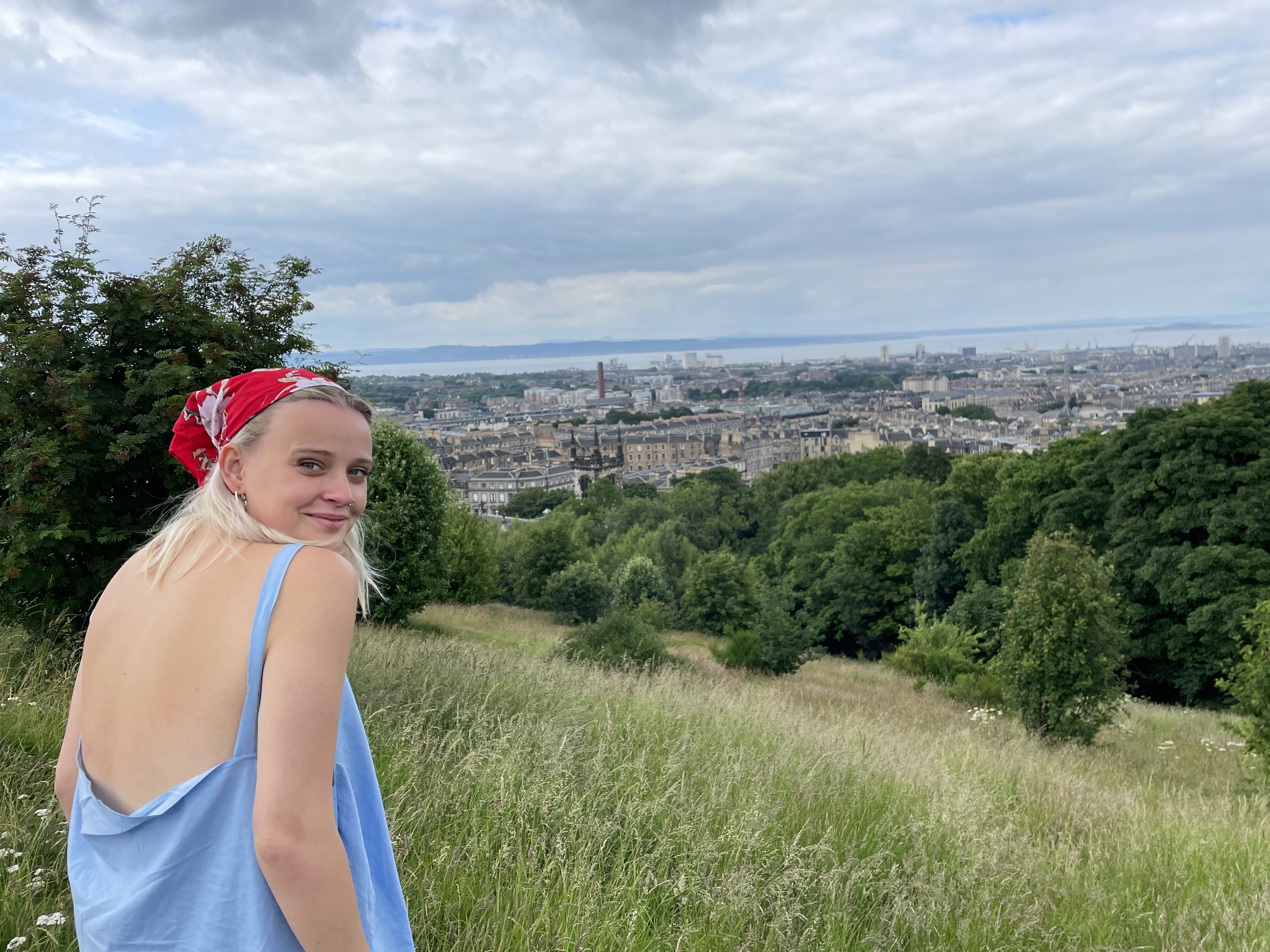 Me.
Me.
Noor - 22, Leek, Staffordshire, Masters in Mathematics
My mother, at 22, had come to the UK from Pakistan, and she was doing a teaching degree at Manchester University. I think it was quite hard for her because she had to learn a new language and to drive and all of that. Obviously, this was a lot harder than how things are for me at the moment. When she was my age, she wanted to be this boss woman, businesswoman or principal, and then she ended up wanting to go into teaching. I also have that aspiration to work and further my career – that is my main goal. In that way, we are kind of similar, but I also never want to go into teaching in my life.
At my age, my grandmother grew up in quite a wealthy family. She had a nice comfortable life, but then she ran off with my grandad, who was poor, so she got cut off. We love a woman that knows what she wants though! My mum doesn’t take anything from any man. She’s a very confident woman. I got that from her. From my grandmother, I just kind of live life to the fullest. She was quite carefree… do what you want, no regrets. I found that kind of cool; I love my grandma.
I don’t find it difficult to discuss gender inequality with my mother, or my grandmother for that matter. It's a conversation, isn't it? There was a lot of gender inequality in my course at university. Half of the guys don't even listen to you if you are a girl. I’d come home and rant about it, and my mother would be like, “Oh my days, these men!” She's passionate about it because she went through it at university, but also because I'm her child, and you stick up for them. To her, a woman means being confident, whilst also building other women up. She definitely does that for me.
Ruth - 21, Leek, Staffordshire, Hospitality
At 22, both my grandmother and mother had gone to university. They both always knew they wanted to have children. My grandma was a full-time mother, which influenced my own mum to want to do the same thing and have enough time for everybody. I think my aspirations are different. I don't see myself having complete fulfilment in having a family. It seems like I would be settling if I did. It's unrealistic in my current headspace. There are aspects of their lives I would like that wouldn’t be bad for a start. They owned homes and had pensions, but at the same time, there isn’t. I think they both have regrets, and I wouldn’t like to get to fifty or eighty and think I could have done things when I was young, but I didn’t.
We have all grown up pretty similar in middle-class households. We never struggled, and we were never on the breadline or anything. But in terms of gender inequality, I feel like we all lived in very different circumstances. I’ve never felt that I couldn’t do anything because I was a woman exactly. I feel like it is quite difficult talking about gender inequality with them.
They have had quite sheltered lives. We don’t have these conversations, and when we do, I get annoyed and I don’t know why. Sometimes they say things that make me feel limited in how I can express myself. My mother is passionate about women’s rights and not being submissive to men. Yet she is quite critical about women on TV. I don’t know if it's just a TV thing and she expects them to be perfect, but it annoys me.
I am proud of my mother and grandmother in a way. My mother is quite independent, and she does hold the family together. My grandmother has dealt with a lot with my grandfather passing last summer. However, she’s out going to classes and being independent. She’s very brave. I feel like they’ve both had such a variety of life that I can’t comprehend because I can only see one side of it. Oh, they’ve married, they’ve had children, they haven’t done anything else, but that's not true. They’ve done other stuff. I just don’t know it all.
.
Helen - 21, Newcastle upon Tyne, Medicine
Both my mother and my grandmother travelled a lot when they were younger, which is something I would love to do. However, my degree doesn’t really give me much of a chance. My mother travelled as a live-in nanny in London and studied English. Similarly, my grandmother travelled to France and America, working as a nurse and hairdresser. She was definitely her own person. She didn’t take anything from anyone and did exactly what she wanted.
There’s independence in my mother that I also see in myself. It helps that we have always been very open about talking about gender inequality. It's something my grandmother would always call out, and my mother is very passionate about. “Nothing should ever stop me because I am a woman”, she would say. I feel I have better opportunities than them, as I’m able to study what I want, which would have been difficult for my mother and even more so for my grandmother.
Even though we are quite similar in our views and aspirations, we grew up in very different circumstances. They are both from Sweden, and my mother definitely had more freedom as a child. She went out and was outdoorsy, it was all much more relaxed. Whereas my grandmother grew up in Stockholm during the war. She experienced food and goods shortages which must have had a huge impact on her.
It's interesting how traits have been passed down. My grandmother loved learning about healthcare and educating people on how to improve their health. Now I’m studying to become a doctor. I’m proud of how hard they both worked and how strong they are. My mother isn’t afraid to try new things, which is also something I see in myself.
My final thoughts
I feel as if our identities are made up not just of our mothers but also our grandmothers, and undoubtedly all of the women before that. Whether they inspire us or make us want to do things differently, the women in our lives contribute significantly. This doesn’t just extend to your mother or your grandmother. Friends also shape us; we are a mixture of all of the people we meet, whilst still all undeniably being individuals.
It is important to tell the stories of the generations of women before us, or they get lost in progressive narratives and historical trends. Talking to my friends about their mothers and grandmothers has given me a different insight into them.
More simply, it is a better insight into how we look at women historically. Famous icons have their merits and can change people’s lives, but so can someone’s grandmother. She might have ‘only’ been a housewife, but she can also inspire women, and she is just as much a part of the fantastic multi-layered tapestry of womanhood as any famous pioneer.

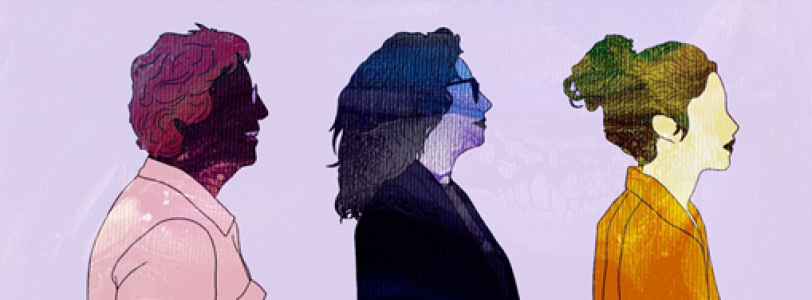
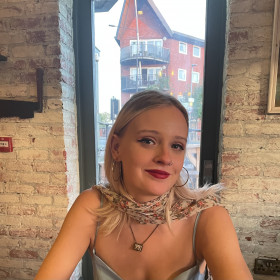
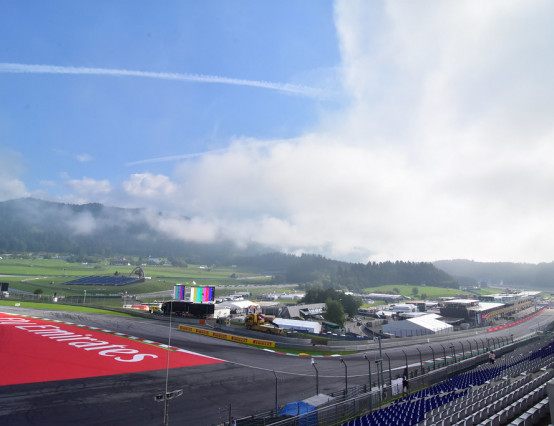
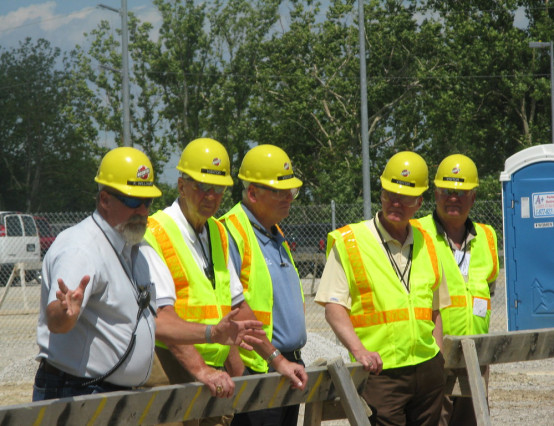




0 Comments